By Adepeju Badmus
Mahatma Gandhi’s statement which says “The true measure of any society can be found in how it treats its most vulnerable members,” resonates deeply in Nigeria and many societies across the world today.
Here, the experiences of females, both women and girls, are shaped by a reality that is far from equitable or just. Should we mention the case of an eleven-year-old girl that was consistently raped by her biological father ever since she turned ten or that of many girls like, Falmata, murdered without justice served? Maybe we should mention the many women and girls suffering in silence due to fear of speaking out. The cases are numerous.
Even though both genders suffer violence, 1 in 3 women and girls experience GBV, and it has psychological, emotional, and physical effects on them. From the onset, many girls grow up in environments that prioritise male authority and control. They are often socialised to believe that their roles are secondary to those of their male counterparts. This belief manifests in restricted access to education, economic opportunities, and healthcare. Many girls find themselves sidelined, forced to abandon personal ambitions in favour of fulfilling traditional expectations.
Another ugly experience for women and girls is sexual violence. UNICEF reports that 1 in 3 women in Nigeria have experienced some form of gender-based violence (GBV). Between November 2022 and February 2023 alone, 171 cases were recorded by the Centre for Information Technology and Development (CITAD).
For instance, the Kano State Chapter of the International Federation of Women Lawyers reported over 4,000 documented cases of sexual violence in the past five years at the WARAKA Sexual Assault Referral Center. These statistics indicate the severity of the problem, but they only scratch the surface. According to UNDP, most GBV incidents go unreported due to fear, stigma, or lack of trust in the legal system.
Another challenging aspect of addressing these issues is the pervasive culture of silence. Many women internalise feelings of guilt and shame, making it difficult to speak out or seek help. The community’s tendency to side with perpetrators or to blame victims further compounds the problem.
Despite the overwhelming odds, women have proven to be remarkably resilient, especially with vocal advocates for change. Across the country, women are mobilising support systems, setting up initiatives, and partnering with NGOs and legal entities to fight for a future free from gender-based violence and discrimination.
It is important to note that rather than glorifying the perpetrators of these inhumane acts against women and girls, we should celebrate the resilience of women, individuals, and organisations standing up for women and girls against tyranny and oppression.
NGOs, human rights activists, lawyers, and other stakeholders play a crucial role in advocating for change and supporting survivors. These efforts are central to the narrative, as they offer glimpses of hope amidst the challenging circumstances that Nigerian women navigate daily.
Protecting Women and Girls against GBV
According to UNO (United Nations Organization), only 40 per cent of women seek help of any sort after experiencing violence, Therefore, there is a need to advocate for and support women and girls’ access to quality, multi-sectoral services essential for their safety, protection and recovery, especially for those who already suffer multiple forms of discrimination.
The annual 16 Days of Activism Against Gender-Based Violence is a conscious effort to end GBV globally, aimed at raising awareness and mobilising action to eliminate violence against women and girls in all its forms. “It’s a reminder that violence against women is a social challenge that requires systemic change.” Therefore, beyond the annual event, ending GBV against women and girls requires deliberate legal reforms, sociocultural transformation, and sustained community engagement to address the root causes and support survivors effectively.
The ‘conspiracy of silence’ is a major challenge in addressing gender-based violence, Olufisoye Adenitan, Founder of Faracare Foundation for Human Development (FARDEF) and a Gender Advocate stated. She highlighted the societal pressure on victims to remain silent, often due to fear and stigmatisation.
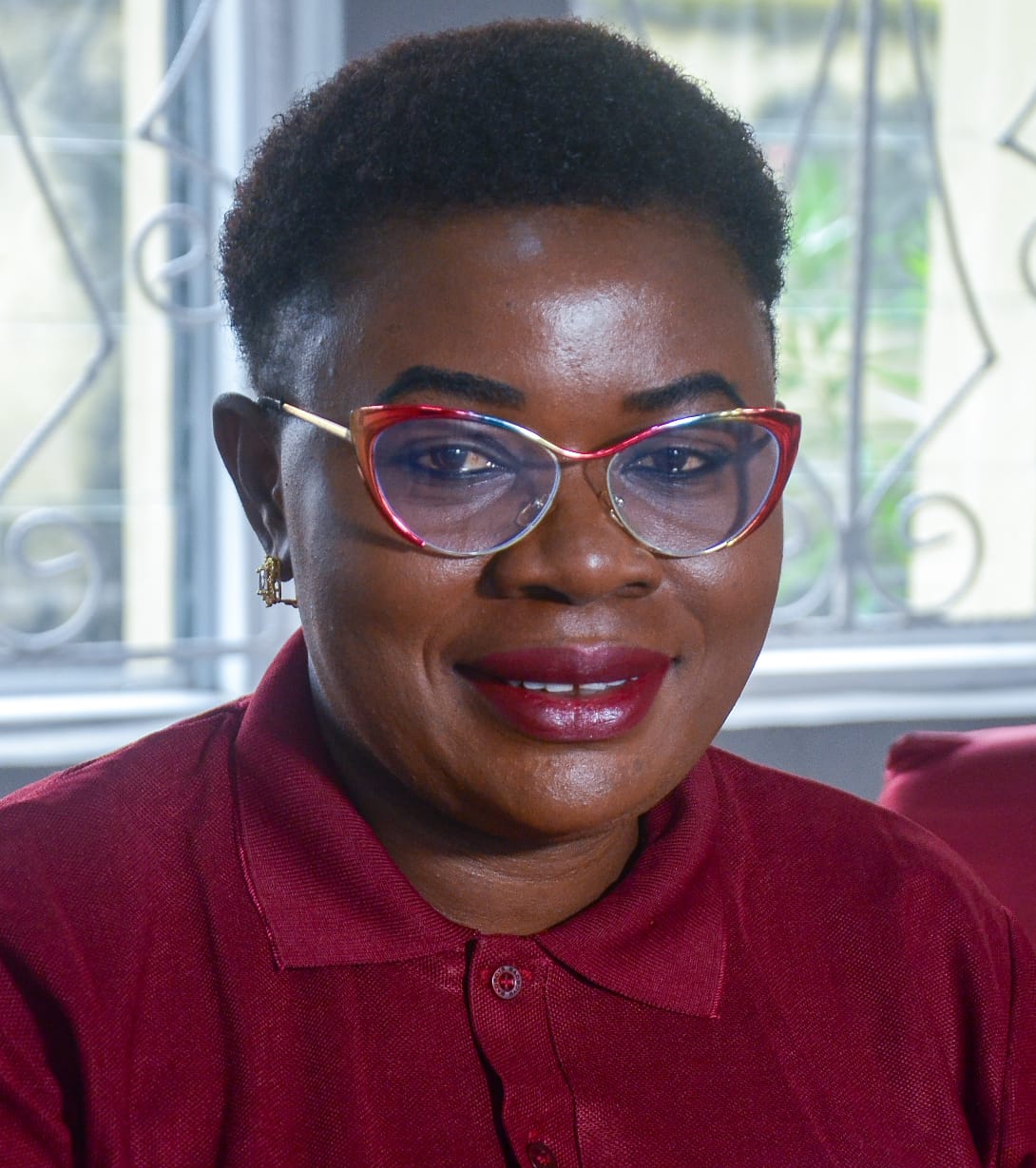
Adenitan
To combat this, she emphasised the importance of awareness campaigns, improved advocacy, and stricter law enforcement. She called for the swift implementation of existing laws and harsher punishments for offenders, advocating for a justice system that prioritises the rights of survivors.
Additionally, Adenitan stressed the role of education in fostering gender equality and challenging harmful cultural norms. She proposes a return to traditional African values that emphasise respect, community, and discipline, while also advocating for responsible social media use to mitigate its negative impact on young people.
Also, Moninkanola Ogidan, a Gender Advocate and Ondo State Coordinator, Initiative for girls rights and health development (IGRHD), identified persistent stigma and silence, coupled with weak law enforcement and inadequate funding as parts of the factors influencing GBV against women and girls. To combat these obstacles, She proposed a two-pronged approach. Legally, she advocated for stronger law enforcement, specialised courts to expedite cases, and simplified reporting procedures.

Moninkanola
Socially, she emphasises the importance of raising awareness, empowering communities, and providing comprehensive support services for survivors.
While shedding light on the pervasiveness of GBV, Juliet Buna, a journalist and advocate for women and girls, noted that many victims often feel reluctant to speak out. Many find it difficult to navigate the justice system, while others abandon their cases midway due to fear, stigma, or lack of support.
She, however, emphasised that enlightening individuals about the importance of owning their stories and actively participating in the justice process is crucial. Without this, addressing GBV effectively becomes nearly impossible.
Buna highlighted the shortcomings of law enforcement. She said, “The police often fail in their duties, sometimes blaming victims and making it seem as though they are at fault. Many cases of GBV never see the light of day, although some eventually achieve justice.
“The justice system must prioritise survivors, hold perpetrators accountable, and ensure that due processes are followed. For example, the Lagos State Government maintains a database of GBV cases and has delivered judgments in some, offering hope to victims. However, progress depends on ensuring an incorruptible legal system.”
The journalist also highlighted the role of cultural and traditional norms, stating, “Victims often withdraw complaints if the perpetrator is a family member. In northern Nigeria, underage girls are frequently forced into marriages or abusive situations. NGOs and legal practitioners must continue to advocate for change by educating traditional rulers about the implications of GBV and harmful practices like female genital mutilation (FGM).”
Finally, Buna underscored the power of journalism, stating that “participant observation allows NGOs and journalists embedded in communities to engage directly, raising awareness and driving change. By doing so, they can become part of the solution through advocacy and education.”
A legal practitioner, Kuti Lookman, emphasised the importance of prosecuting perpetrators of GBV. Holding offenders accountable not only serves justice but also helps bring their actions to light, ensuring that others are aware of such behaviour. The lawyer stressed that bringing perpetrators to justice is crucial in deterring future offences and maintaining a sense of law and order.
He also suggested proper education and enlightenment of families, friends, and relatives of women and girls. He noted that it is essential not to assume that people know what to do in these situations. “Proper education ensures that everyone is equipped with the knowledge and understanding of how to act when faced with such a scenario. This includes knowing where to turn for legal and emotional support,” he said.
Another legal practitioner, Uzuazo Efajemue, recommended that victims should learn to speak up. It’s important for victims to feel empowered to communicate openly with family members. Establishing a strong support system is key. Victims should also ensure that they obtain a medical and police report as evidence, which can play a vital role in legal proceedings. The presence of a witness can further strengthen their case. Therapy is also recommended to help victims process their trauma.
Parents were advised to be cautious about who they allow into their children’s lives. Teaching children to be outspoken and confident in seeking help is critical. Additionally, parents should offer unwavering reassurance that they will always be there to support them, no matter the situation. This creates an open line of communication between parents and children, fostering trust and safety.
Additionally, it was emphasised that society and families must not shield perpetrators. Allowing offenders to go unchallenged or unpunished only perpetuates the cycle of harm. Families and communities must stand united in their commitment to protecting vulnerable individuals.
When you see a woman or a girl being victimised around you, kindly speak out. Keeping quiet is a subtle way of supporting the heinous act. Ending GBV against women and girls requires a collective effort. Be part of the solution.
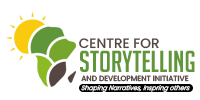
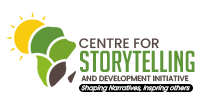
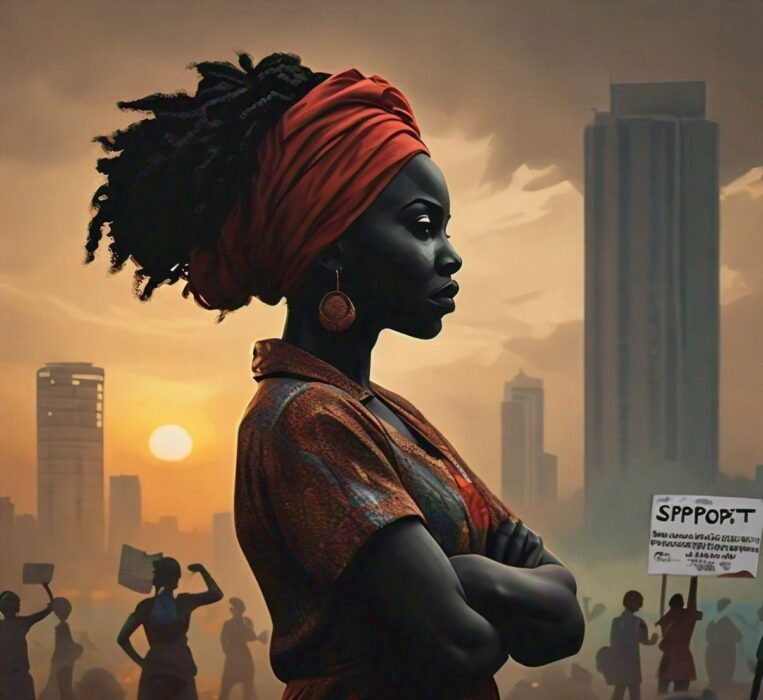
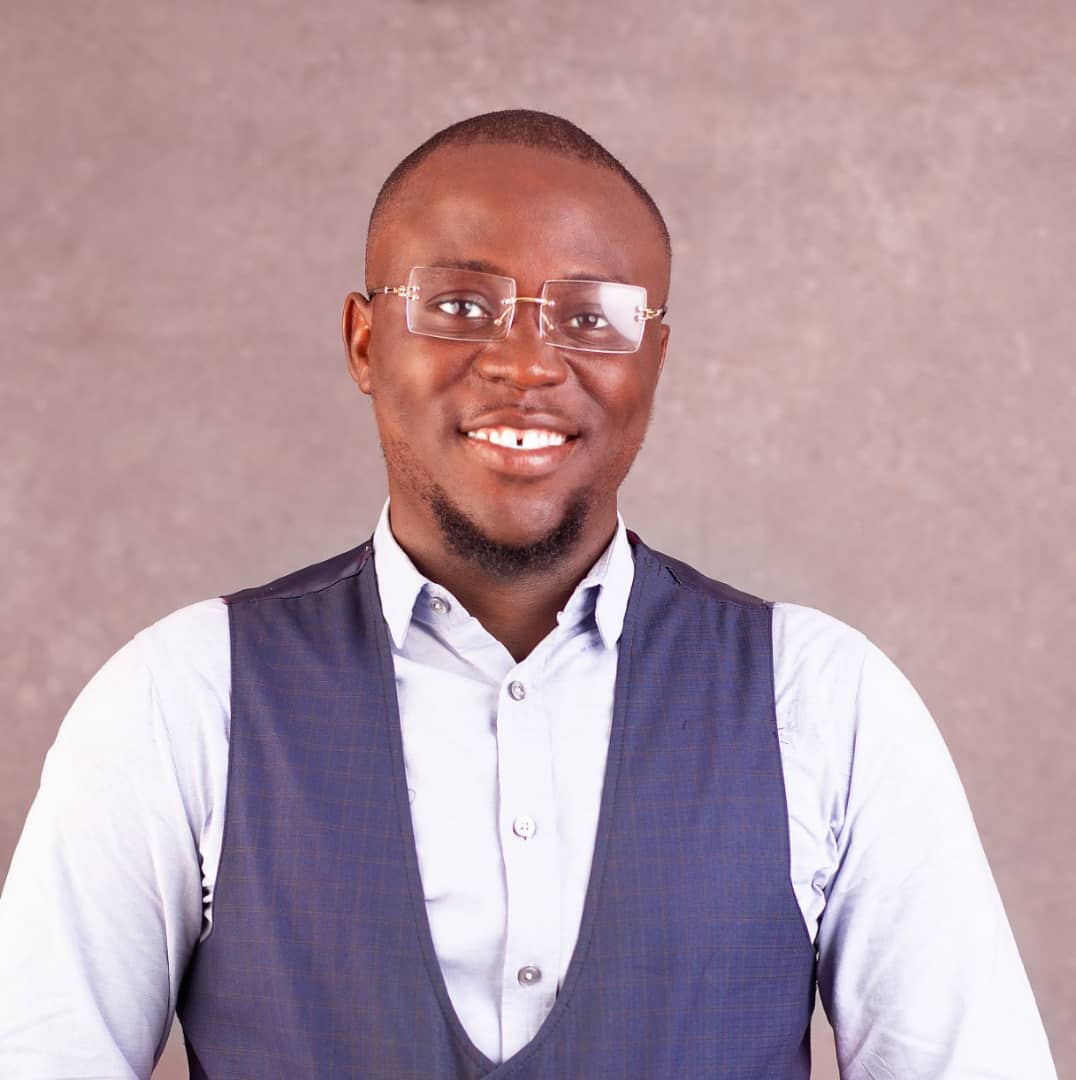
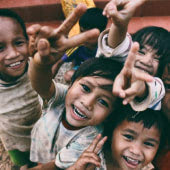
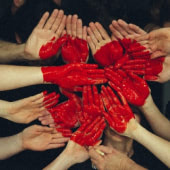
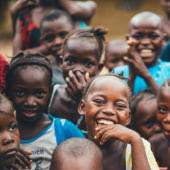
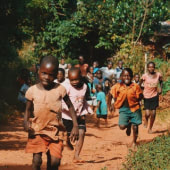
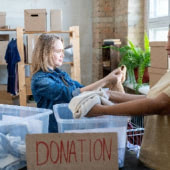

Thanks for the enlightenment